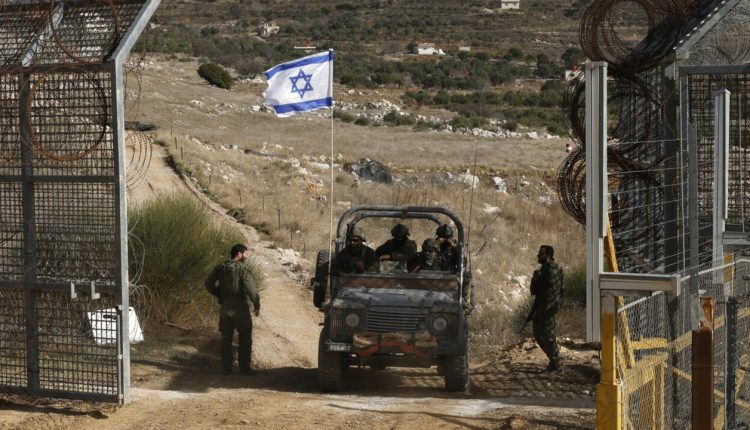
By Abdulsalam Khoja
QAMISHLI, Syria (North Press) – Analysts and politicians believe that the Turkish and Israeli projects in Syria are fundamentally contradictory and could escalate into political or even military confrontation between the two countries. However, they point out that the United States has the final say in any serious developments between its allies.
Last week, the Turkish Ministry of Defense announced a meeting with Israel in Azerbaijan that discussed de-escalation efforts in Syria.
The Ministry stated that the meeting focused on establishing a de-escalation mechanism to prevent unwanted incidents in Syria, noting that work on creating this mechanism will continue.
Potential for military confrontation
On April 8, Israeli Prime Minister Benjamin Netanyahu stated that Turkey is seeking to establish military bases in Syria, which poses a threat to Israel.
Netanyahu added that his government is working to block these Turkish plans by all possible means.
Turkish political analyst Jawad Gok said that Turkey maintains communication with the Israeli side, albeit not at a high level.
He added, “In the end, Turkey is trying to support the stability of the transitional government in Damascus, while Israel seeks to keep Damascus weak. This means there are two conflicting projects, and thus the possibility of political or even military confrontation between the two countries is on the table.”
Gok told North Press, “Turkey avoids any confrontation with Israel. And if there is American sponsorship, then a military confrontation between the two sides is unlikely.”
Israeli concerns
Gok explained that “Turkey is working to entrench its presence in Syria, and is therefore seeking to establish military bases in Palmyra and the outskirts of Homs and Hama.”
Last week, Reuters reported, citing four sources, that Turkey had inspected at least three airbases in Syria where it may deploy troops as part of a proposed defense agreement—before those sites were targeted by Israeli airstrikes.
According to Reuters, citing a regional intelligence official, two Syrian military sources, and another informed Syrian source, Turkish military teams visited the T4 and Palmyra airbases in Homs Governorate and Hama military airport in recent weeks as part of preparations.
Gok noted that Israel is concerned about the possibility of Ankara entering a strategic partnership with Damascus.
Message to Turkey
Hazem Alghabra, a political analyst and former advisor at the U.S. State Department, said there is an urgent need for negotiations between the Israeli and Turkish sides, especially after the recent escalation in southern Syria.
He told North Press, “Turkey has sent military experts and spoken openly about building bases near Israel’s borders. This is no secret. Within seconds, any aircraft from those bases could reach Israel, which lacks strategic geographical depth.”
Alghabra added, “There was a military response from Israel, clearly intended as a message to Turkey. The Turks received that message loud and clear.”
He noted, “We are now seeing a dialogue about Turkey’s role in Syria and what the next steps are. Ultimately, any dialogue between the two sides is a healthy development. Positive solutions must be found to defuse potential crises, because in any escalation, the real victims will be Syrian civilians and innocent people in the region.”
American role
On April 7, U.S. President Donald Trump pledged to resolve tensions between Israel and Turkey in Syria during his meeting with Israeli Prime Minister Benjamin Netanyahu at the White House.
Trump told Netanyahu that he believes he can solve any problem they have with Turkey.
Alghabra noted that the U.S. role in the Turkish-Israeli conflict remains unclear for now, stating that “American involvement is not necessary at this stage, because there is direct communication between the two sides, and they can talk without a mediator.”
He explained, “However, U.S. intervention might come into play if the talks fail to produce any solutions—then Washington could step in as a mediator between its two allies.”
Alghabra expects that Turkey and Israel will reach an understanding during this stage, pointing out that the situation is complex, but Israel’s demands regarding Turkey’s presence in Syria are clear.
